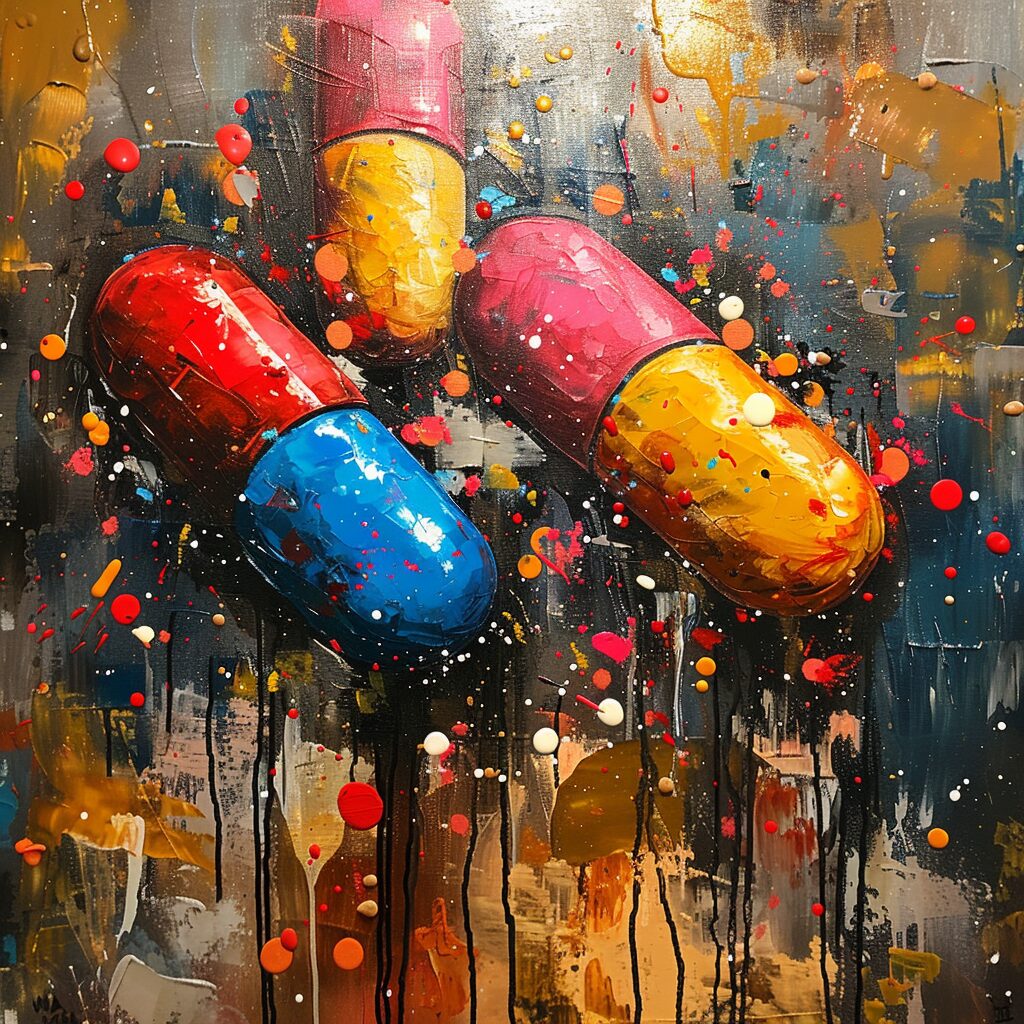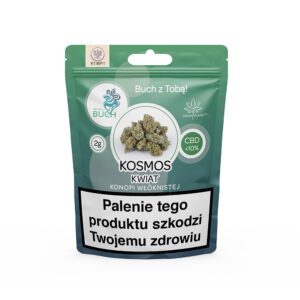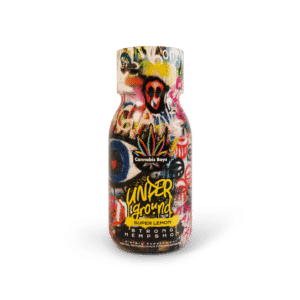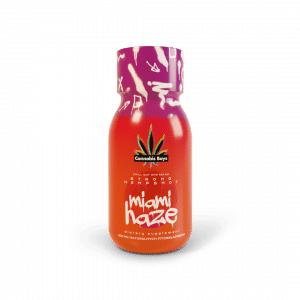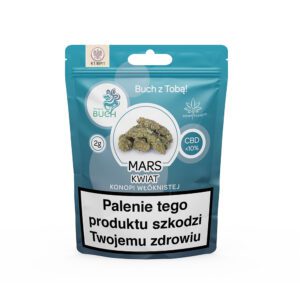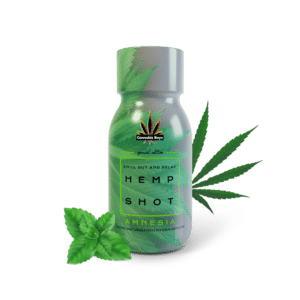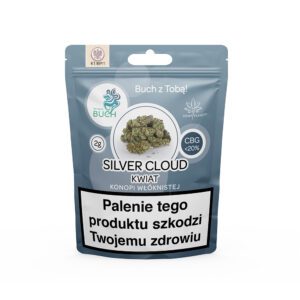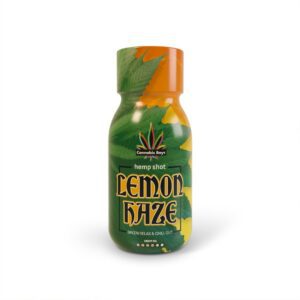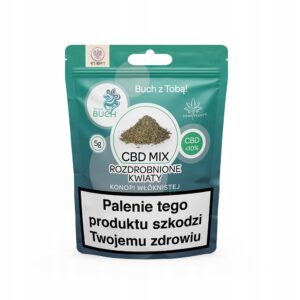The American Society of Clinical Oncology has published new guidelines for the use of cannabis cannabinoids by adults with cancer. They are based on current scientific knowledge on the possibility of including hemp and hemp extracts in oncological therapy. Let's look at some of the issues covered in the ASCO guidelines.
Medical hemp and hemp extracts in oncology – guidelines
On March 13, 2024, ASCO (American Society of Clinical Oncology) published guidelines for the use of cannabis and isolated cannabis cannabinoids by adults with cancer.
The guidelines were developed by scientists and oncologists based on data collected in a systematic, several-stage review of the scientific literature. The literature analysis took into account both synthetic cannabinoids, extracts containing single hemp cannabinoids or their combinations, as well as full spectrum hemp products, including medical dried hemp.
The ASCO guidelines discuss the scientific evidence regarding the effectiveness of hemp as:
- anticancer therapy
- methods of managing cancer symptoms
- side effects of cancer treatment.
According to the authors of the guidelines, with the current state of scientific knowledge, the use of cannabis and cannabinoids in oncological treatment should not go beyond the treatment of vomiting and nausea after chemotherapy according to already accepted regimens and some other ailments accompanying cancer and their conventional treatment.
According to the authors of the guidelines, there is currently insufficient scientific evidence that cannabis treats cancer and it should not be treated as an independent form of therapy, unless it involves the patient's participation in a clinical trial. Researchers emphasize the need for further research on hemp and/or cannabinoids.
ASCO guidelines – cannabis in oncology, Q&A
Due to the great interest in the guidelines, ASCO has also published a Q&A section , which contains answers to several questions to help doctors educate patients and help patients stay safe when using cannabis on their own.
Question 1: Shouldn't doctors be talking to adult cancer patients about medical cannabis?
According to the authors of the guidelines, it is quite the opposite - the question about the use of hemp products should be asked in every medical interview. Data suggests that 20-40% of people with cancer in the US use cannabis.
Therefore, staying up to date with the doses of cannabinoids taken by patients starting conventional anticancer therapy is very important. The full guidelines include suggestions for taking a history of cannabis and/or cannabinoid use.
Question 2: Is there any risk of using cannabis with THC by oncology patients?
The guidelines say side effects of tetrahydrocannabinol (THC)-based products include dizziness, mild confusion, dry mouth and fatigue. More serious side effects include drops in blood pressure when changing body position (Orthostatic hypotension), severe confusion and high levels of anxiety.
The authors point out that these side effects may be dangerous for older people, weakened by disease, and those who do not have a developed tolerance to THC.
Question 3: Does the method of administration affect the effects of cannabis with THC?
The authors answer in the affirmative. The effects of hemp products with THC burned or vaporized occur within seconds/minutes and last 2-3 hours. This also applies to the pre-choactive effect. In turn, in the case of oral administration, the waiting time for the effects to appear is extended to 30 minutes - 2 hours, and the effect may last up to 5-8 hours.
These differences may be important for the speed and degree of relief of disease symptoms as well as for the well-being and safety of users. Adults with cancer who are using oral cannabis products for the first time should be aware that the waiting time for effect may be longer and refrain from taking subsequent doses too quickly.
Question 4: Do cannabis and cannabinoids interact with standard cancer medications and therapies?
ASCO's response states that yes, drug-cannabis interactions can occur in cancer therapy.
Preliminary observational data suggest that clinical outcomes may worsen in people who concurrently receive immunotherapy and use high amounts of cannabis (immunotherapy is a therapy that uses the body's immune system to stimulate, regulate, or enhance the body's immune responses to fight cancer or other diseases ).
Large human studies suggest that hemp cannabinoids modulate the immune system and may therefore worsen the results of immunotherapy that is intended to achieve a similar goal by acting in a different way.
Additionally, reversible increases in liver enzymes may occur with the use of products containing CBD if used in daily doses of 300 mg or more. Therefore, doctors should specifically ask adults with cancer about the use of CBD and inform them about these potential risks, especially when anticancer therapy is associated with hepatotoxicity (the possibility of liver dysfunction or damage).
Question 5: Should cannabis be used to treat cancer?
According to the guidelines - not yet, there is currently insufficient scientific data to confirm their effectiveness as a separate form of cancer therapy in humans. Therefore, cannabis should currently be used in oncology only as a means of alleviating some of the symptoms associated with standard oncological treatment.
The authors of the ASCO guidelines emphasize that their position refers to the current state of scientific knowledge and may change due to new evidence. The basic recommendation for doctors is to be open to talking about patients' independent use of cannabinoids, not to judge and honestly communicate potential risks, and to constantly monitor the doses and types of hemp products taken by patients. All this is supposed to contribute to greater safety of oncological therapy.
